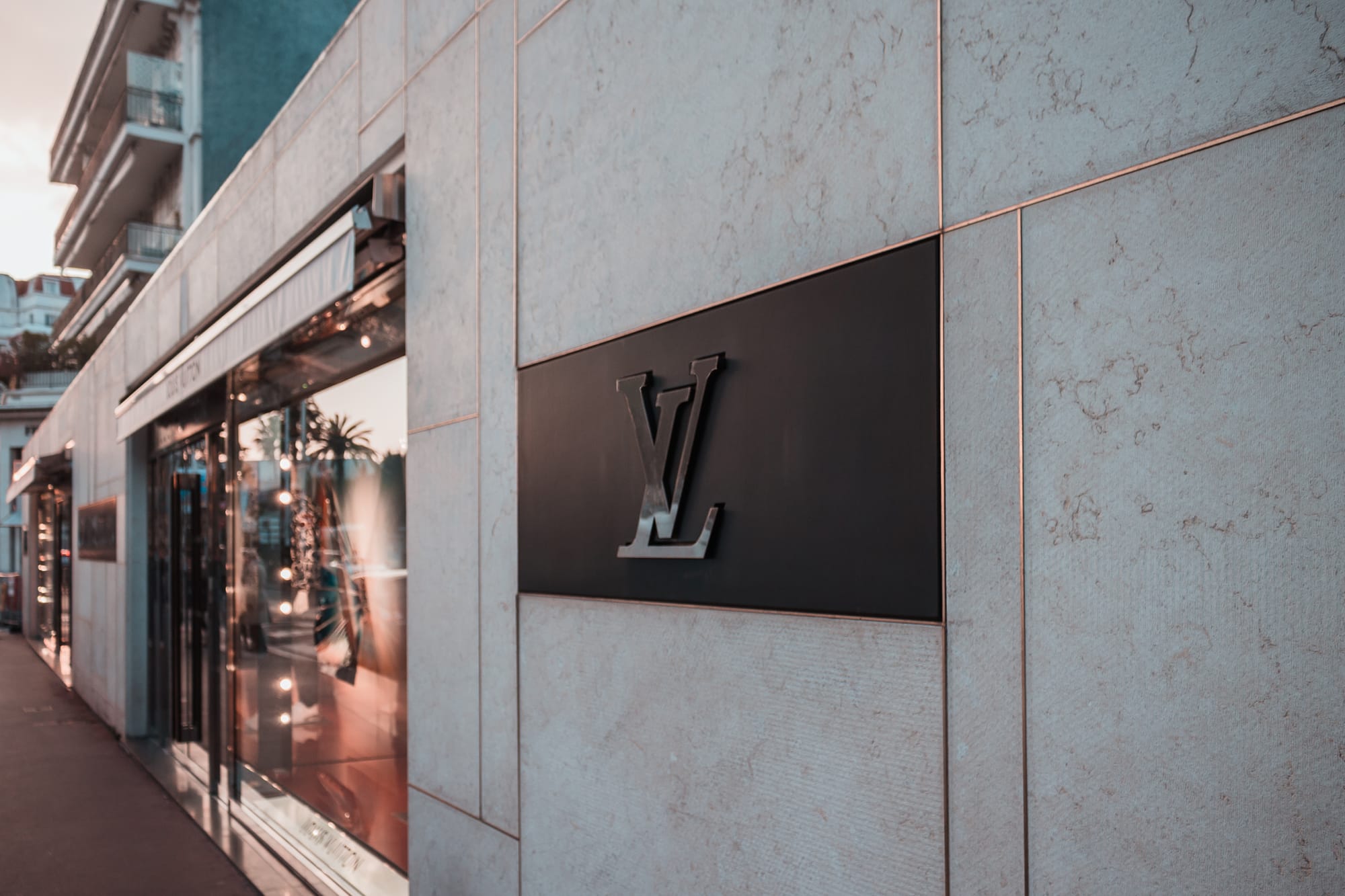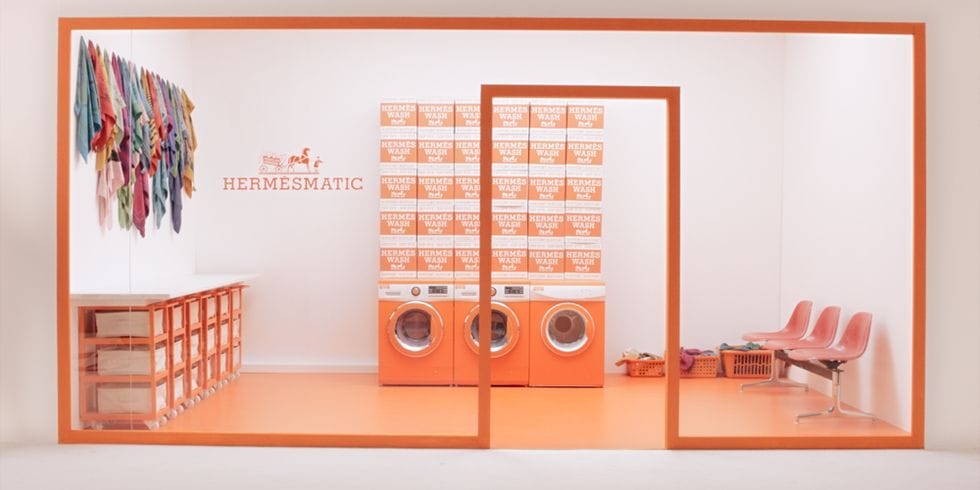Experiential Marketing - Why It's The Future
Technology has massively transformed the way markets behave, bringing about significant changes in the ways consumers and brands act.
The Transition to an ‘Experience Economy’
An overwhelming 78% of millenials prefer spending on desirable experiences rather than material goods. Further, this trend extends beyond young consumers to every demographic and age bracket.
How is this impacting the luxury sector? Especially considering that luxury products and services provide more value via the experience?
The term ‘experience economy’ first appeared in a 1998 article by B. Joseph Pine II and James H. Gilmore. It stated that consumers belonging to this economy would prefer personal experiences over material goods.
As we see today, the ‘experience economy’ is flourishing (estimated worth – $12 Billion by 2023). The consumer shift from wanting materialistic products to memorable experiences can be felt in the luxury industry too as brands constantly incorporate strategies to stay on top of the game.
Read: Luxury giant LVMH acquires hospitality group Belmond for $3.2 Billion (and why it’s smart)

New and old consumers of luxury are rapidly shifting their expectations and desires from luxury brands. This shift is more apparent in millennials and gen Z consumers. A huge 72% of millennial luxury consumers express preference towards spending on experiences rather than material goods.
So, are luxury goods going to end up occupying just a small portion of the luxury market in a few years?
Not quite.
In 2018, the global luxury goods market saw a 4% rise reaching a record high of €260 billion. The luxury goods market is also growing rapidly in Central and South Asia, with the global growth trend being led by Chinese consumers. North American sales also grew by 5% the same year.
The transition to an experience economy is already happening, with a wide range of luxury concierge services popping up seemingly daily, mainstream tour aggregators selling ‘experiences’ and even virtual reality and its applications. As consumer palates change, the marketers of today must adapt accordingly.
Luxury marketing strategies focus on a combination of high-end taste, indulgence and affluence. Luxury brands sell excitement, conditioned to suit very specific tastes. As the ‘experience economy’ emerges, how can luxury brands adapt?
Enter, Experiential Marketing.
If consumers are preferring experiences to material objects, why not convince them with experiences?
Marketers and salesmen have long stressed upon the importance of emotion in sales approaches. ‘People don’t remember what you told them, they remember how you made them feel.’ Experiential marketing puts this statement into literal action. Experiential marketing is a phenomenal way to market and sell your products as these brands have found out;
Hermès New-York City Laundromat
Chanel Coco Café
These luxury brands continue to create memorable brand-related experiences for thousands of patrons. The experiences work towards enhancing brand value in the minds of consumers, building valuable brand equity.
Leveraging the ‘Experience’
Experiential marketing can be effectively leveraged to communicate brand values too. For example, if you’re a designer brand that practices values such as transparency or fair trade & labour, invite your customers to interact with your artisans. Let your customers experience your brand values in person.
Mercedes-Benz already does something similar with their Mercedes-Benz Brand Clubs. They have more than 100,000 members across 80 different clubs worldwide. Mercedes calls these members brand ambassadors and they enjoy special privileges such as a subscription to the brand’s monthly magazine, complimentary access to the Mercedes-Benz museum and invitations to take part in exclusive Mercedes-Benz production plant tours.
Another example is Aston Matin’s ‘Aston Martin on Ice’, part of the ‘Art of Living’ event series executed by the British carmaker to showcase their automobiles in a different setting. During the event, a selected group of Aston Martin owners are invited to slide around in the snow. Aston Martin has a special team of instructors handpicked from the UK, New Zealand and Singapore to guide members.
Although only a select few Aston Martin customers get to experience the event, the brand enjoys massive digital visibility after every installment. This just goes to show how an exclusive experience can be bolstered significantly by a strong digital marketing campaign to increase your brand value.
The Future
Several luxury brands have already embraced experiential marketing through both modern and contemporary methods. As digital relevance and technology advances, this trend can be expected to snowball.
Today when consumer focus is rapidly shifting towards personal experiences from luxury goods, it is imperative that brands incorporate experiential elements into their marketing strategy, especially since experience lies at the very core of luxury.
Deeply involving prospects into the brand and incorporating experiential elements into the marketing strategy must be a priority for new age luxury marketers
